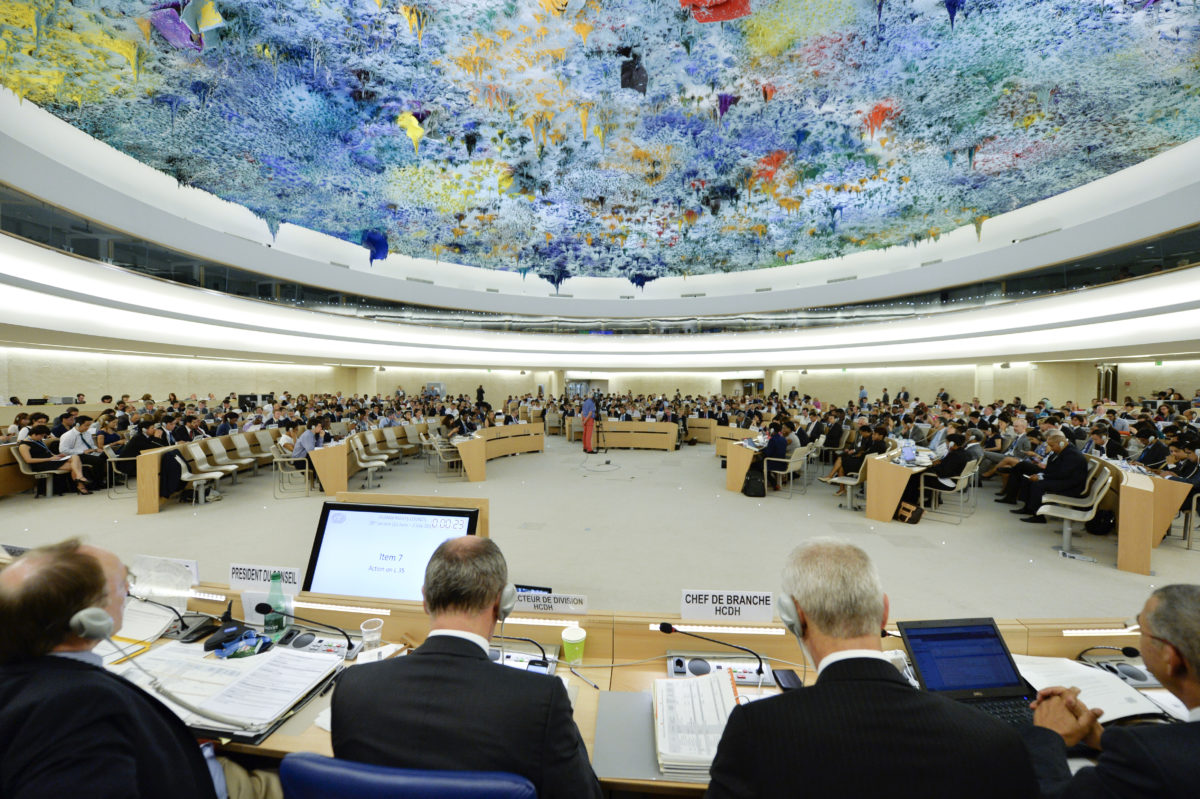Investors have been instrumental in kicking the global energy transition into motion, as significant investments in renewable energy, alongside divestments from the fossil fuel industry have finally allowed renewables to thrive. Similarly, investors play a key role in ensuring that the industry not only performs well in terms of reducing carbon emissions, but also in ensuring that the industry upholds high human rights standards, and does not violate the rights of those who work in or are affected by the industry.
UK/U.S. based non-governmental organization Business & Human Rights Resource Centre (BHRRC) released an investor briefing Fast & Fair Renewable Energy Investments examining renewable energy related human rights risks, with sub-sector breakdown.
The organization says that its briefing set out to inform investors, allowing them to make just decisions. To this end, 109 renewable energy companies have been surveyed. Herein, the BHRRC has identified 152 allegations of human rights abuses concerning renewable energy projects, and asked 103 companies to respond to these allegations.
Solar sector review
The solar energy sector faced seven allegations; one in Mexico, one in Morocco & Western Sahara and a series of five claims in Israel & Palestine.
Certain risks are sector-specific to the solar industry. BHRRC's review uncovered allegations which breached indigenous peoples’ rights, such as the lack of free, prior, and informed consent (FPIC); In some instances, records of displacement and loss of livelihoods have been taken. In the cases of Western Sahara and the Palestinian territories there are concerns over the business in conflict-affected areas. Moreover, the human rights watchdog identified risks in the field of health and safety of workers and the environment due to unsafe disposal of modules, and insufficient labor rights in module manufacturing facilities.
Above these concerns, the solar industry is also at risk of contributing to human rights abuses through insufficient review of the minerals supply chain necessary for modules and other solar products. According to BHRRC “the mining of copper, nickel, and zinc used in solar panels is in some cases associated with decreased access to water for local communities, increased instances of mining-related illnesses and environmental pollution.” In this vein, the BHRRC mentions that especially with storage technologies, through demand for cobalt contribute to child labor and violations of indigenous peoples’ rights.
The issue is likely profoundly embedded in the supply chain, as the BHRRC examined the top five global producers of copper, nickel, and zinc. In its review, the organization finds 92% of the mining companies behind the five global producers had allegations of human rights abuses raised against them, despite 83% having publicly available human rights policies in place. The BHRRC states that “this indicates a misalignment between policies and practices on the ground, heightening the need for rigorous human rights due diligence by investors.”
In 2018, the Business & Human Rights Resource Centre surveyed 32 solar companies from project developers to component manufacturers. Of these 14 openly committed to human rights, eight had ongoing consultations with affected communities, eight had established a grievance reporting system for workers or communities affected by a project, and ten had committed to labor rights.
And the rest of the pack?
Wind energy is facing 22 allegations against human rights abuses, 14 of which concern operations in Mexico. Morocco & Western Sahara holds one, as well as Sweden. Taiwan has four allegations and Kenya two. Bioenergy faced five allegations; two in Brazil, one in DR Congo, one in Kenya, and one in Mozambique. Geothermal faced one allegation in Kenya and one in Indonesia.
The reporting includes large-and small-scale hydro in its renewable energy review, as several investors continue to classify large hydro as and renewable energy source. As the purpose of the briefing is to inform investors on how to comply with human rights due diligence standards, the classification as a renewable energy source makes sense in this instance. Within hydropower, the human rights organization reported 110 allegations of human rights abuses against 67 companies. In Laos, the authors counted eleven complaints, in Colombia, Guatemala, and Honduras there were eight allegations in each country, in Malaysia, there are four reports of claims, and there were three reports each in Myanmar, Mexico and Brazil, to name just the tip of the iceberg.
According to the briefing, 2018 marked the year in which the organization had approached the highest number of companies regarding human rights abuses – 30 – since the beginning of such reporting in 2010. The regions with the highest number of allegations are Latin America (91 allegations since 2010, 60% of allegations globally) and Southeast Asia (38 allegations since 2010, 25% of allegations) globally.
This content is protected by copyright and may not be reused. If you want to cooperate with us and would like to reuse some of our content, please contact: editors@pv-magazine.com.




Great ideals on renewable energy.
In most African countries its really a problem with hydro energy..
More investors show invest on solar energy in African countries. Cameroon in particular.
Thanks